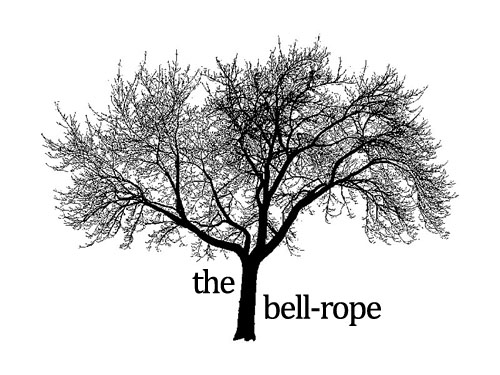Often we hear something that seems right at first blush, and repeat the thought to others without actually stopping to consider how true it is. I think about this every time someone calls Kubrick a "misanthropic" director. Misanthropy is a hatred for humankind, and who can honestly look at Kubrick's films and say that they see hate?
I haven't seen a single frame of Kubrick motivated by hate. The right words for me are fascination, curiosity, perplexity. "Hate" is wrong because it's a strong, hot emotion, which to me seems incompatible with charges that he is also dispassionate and cold. He is not someone who hates the people in his movies, but rather someone who (in an extremely fundamental sense) does not understand them. He's fascinated with his characters in the way that some people can be intensely fascinated by insects, how they move, interact and go about their business.
Roger Ebert calls Barry Lyndon "remorseless in its doubt of human goodness," but this implies wrongly that Kubrick has ever cared about concepts like "goodness" at all, even in morally prickly movies like Clockwork Orange. Kubrick is interested in behaviour. In Barry Lyndon, the young itinerant soldier seeks a few weeks' comfort in the house of a German war widow, and we watch the essential transaction being made over dinner in the glow of candlelight. We know what will happen; we know what Barry means when he asks her if she is lonely, and she answers yes; this is all almost too obvious. But Kubrick is fascinated by why humans do these things, by why this behaviour strikes us as obvious in the first place. The candles suffuse the girl's face in gauzy light, and we get the sense that he is marveling at the twists and truths of human existence, the things we want and do, often without knowing why.
Fascination is always the primary mode with Kubrick, even when he's operating at the apex of sarcasm and violence, such as in the scene of murder by giant ceramic penis in Clockwork. He's not saying "Isn't this evil?" but rather "Isn't it wild that people do stuff like this?" There is a disconnect, a separation at the level of species. I wonder, for instance, about the fact that he was an intense animal lover but was notorious for his difficult relationships with people, or that the facet of humanity that seemed to interest him the most was the erotic, and the vastly different forms this took in his work. Think of Lolita, Clockwork Orange, Dr. Strangelove, Eyes Wide Shut, and even 2001, which plays to me as a film deeply anxious about the erotic in its complete exclusion of it. This is not Philip Roth, who has a specific relationship with the sexual and writes essentially the same novel again and again. It's rather someone who holds an idea under light, turning it like a prism to observe the different colours and shadows it can cast. Someone who can make such fundamentally different movies about the erotic is someone who hasn't quite figured out what the erotic is.
And yet. And yet. Kubrick evades us still. To call him an anthropologist, to call him distant, is to make him simpler than he is. In his greatest movies (of which Barry Lyndon is the greatest), there is at every moment a tension between distance and love, of fascination with details and the recognition that we can never really know them. There are shades of 2001 in every film. One of the most delightful and wonderful (in the sense of wonder) scenes in Barry Lyndon is the one in which Barry stumbles upon two British officers having a "couples' moment" [Anthony's term] in a river. The scene feels like a gift, but we and Barry must move on, and though we never find out what happens to them we know, from the closing title card, that "they are all equal now."
So let me end this brief account by saying that I see so much love in a film like Barry Lyndon, not love amongst humans but love nonetheless. It's a love of light, of movement, of the way the German girl's face looks when she gazes at the English soldier. We don't fall in love with her, as other directors would have us do, but fall in love instead with the wonder and strangeness of ourselves. Only someone like Kubrick, standing on the bank of the river, can show us that.
Thursday, November 11, 2010
Subscribe to:
Post Comments (Atom)

2 comments:
Hey! We're two internet blogosphere buddies/jerks, now. Yes!
Okay. What's so bad about saying: SK is an anthropologist?
I would take that as a complimentary thing. He's still a great artist, and a host of other things, but what you're describing, this , is essentially that.
But you know how I feel anyway.
I'm not saying it's bad, I'm just saying it's not enough.
Anthropologists do good work and don't get enough credit. But you know what else anthropologists do, besides dig up things? They LOVE, Anthony. They love with all the might of their little anthropologist hearts.
...
Post a Comment